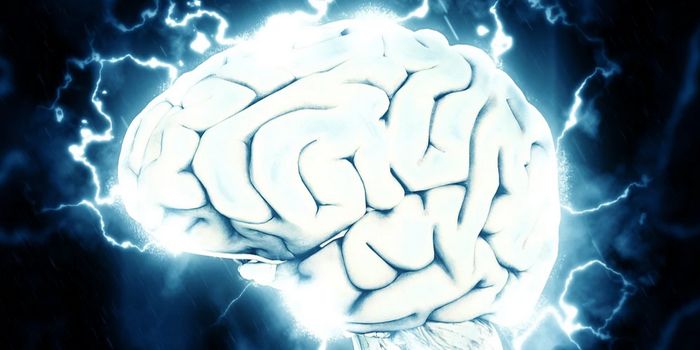Cerebrospinal Fluid From Young Mice Improved Memory in Old Mice
As many as one quarter of all adults over the age of 60 experience age-related cognitive decline. This cognitive decline may be due to many factors, such as problems with sleep, the loss of neurons, or molecular changes in the brain. Dementia, Alzheimer's disease and Parkinson's disease are all known to impact older people more often than younger people, and changes in the hippocampus have been associated in some way with all of those disorders. While healthy eating and exercise can help reduce age-related cognitive decline, researchers have long been searching for ways to prevent the issue. Scientists took note of the fact that brain cells are continuously bathed in cerebrospinal fluid (CSF), which provides nourishment. When they injected the CSF from young mice into the brains of old mice, the memory of the old mice showed signs of improvement. The findings have been reported in Nature.
Cerebrospinal fluid is not easy to access safely, and then transmit to another animal. The researchers had to find a way to complete the process without damaging the brains of the mouse models or triggering an infection, and without contaminating the CSF.
Once the technique was complete, the researchers trained a group of old mice to associate flashes of light with an electric shock. Some of these trained, old mice were then treated with the CSF of young mice. Both treated and untreated mice were tested two weeks later, and the treated mice were better at remembering what happened after the flash of light occurred.
The researchers also performed a molecular analysis of the brain cells in the treated mice. They determined that cells called oligodendrocytes in the hippocampal region of the brain were the ones that changed the most in response to the treatment. The growth of cells that develop into oligodendrocytes was stimulated, and the population of those cells expanded in the brains of the aged mice.
Further work suggested that after the CSF treatment, a molecule called serum response factor (SRF), which promotes the rearrangement of the cellular cytoskeleton, helps drive the proliferation of the oligodendrocyte progenitor cells. As mice age, the expression of SRF gets lower in the hippocampus.
SRF appears to be acting on fibroblast growth factor 17 (Fgf17). When the researchers infused mouse brains with Fgf17, the oligodendrocyte progenitors were stimulated again, and long-term memory improved. If Fgf17 expression was blocked in young mice, their cognitive functions were disrupted.
The researchers suggested that targeting Fgf17 could help restore oligodendrocyte function in the hippocampus, and may improve age-related cognitive decline.
Source: Nature









